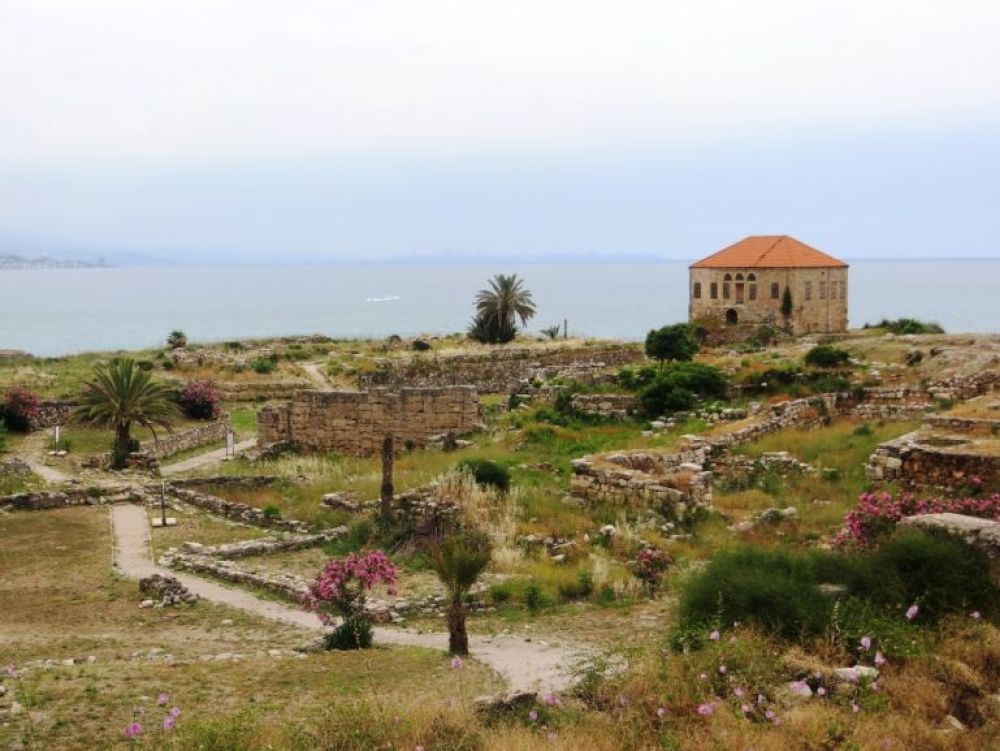

Byblos, known as Jbail in Arabic, is one of the oldest continuously inhabited cities in the world, with a history that spans more than 7,000 years. The rich historical layers of Byblos Old Town have made it a cornerstone of Lebanese tourism, attracting history enthusiasts and travelers from around the globe. The town has been recognized for its historical significance and is a designated UNESCO World Heritage Site.
Tourism in Byblos began to develop prominently in the 19th and 20th centuries as archaeologists and historians flocked to the city to explore its ancient ruins and rich Phoenician past. With the discovery of temples, royal tombs, and the famous Byblos script, one of the oldest forms of writing, the town quickly positioned itself as a hub for cultural and historical tourism.
In the mid-20th century, the Lebanese government, recognizing the potential for tourism, took steps to preserve the antiquities of Byblos and develop infrastructure to support the influx of tourists. Byblos' charming harbor, medieval town center, traditional souks, and vibrant festivals became pivotal attractions, captivating visitors with their authenticity and cultural significance.
Byblos Old Town remains one of Lebanon's prime tourist destinations, and recent trends show an increasing interest in experiential and sustainable tourism. Visitors are looking for authentic experiences, including local cuisine, traditional crafts, and cultural interactions. Byblos offers these rich experiences by allowing tourists to immerse themselves in its ancient streets, dine in restaurants that serve traditional Lebanese dishes, and visit local artisanal shops.
The Old Souks offer a glimpse into traditional Lebanese shopping, with narrow alleys lined with vendors selling everything from souvenirs to spices. The Byblos Fishing Port is another highlight, offering serene views and a chance to witness local fishermen bringing in their daily catch, reminiscent of the city's maritime heritage.
The Lebanese government and international organizations continue to work towards preserving the historical integrity of Byblos Old Town. Conservation projects are crucial in ensuring that the ancient structures and archaeological sites are protected from urban development and environmental harm.
Furthermore, there is a growing emphasis on sustainable tourism practices in Byblos to protect the local environment and support community well-being. This includes initiatives to reduce pollution, conserve water, and ensure that tourism has a positive impact on the local economy.
Byblos Old Town serves as a testament to Lebanon's rich history and cultural heritage. Its continued lure for tourists lies in its ancient architecture, vibrant history, and living traditions, making it an exemplary destination for those wanting to experience the authentic essence of the Mediterranean. As tourism trends evolve towards more sustainable and experience-driven travel, Byblos is likely to remain at the forefront as a destination where history is not only seen but truly felt.